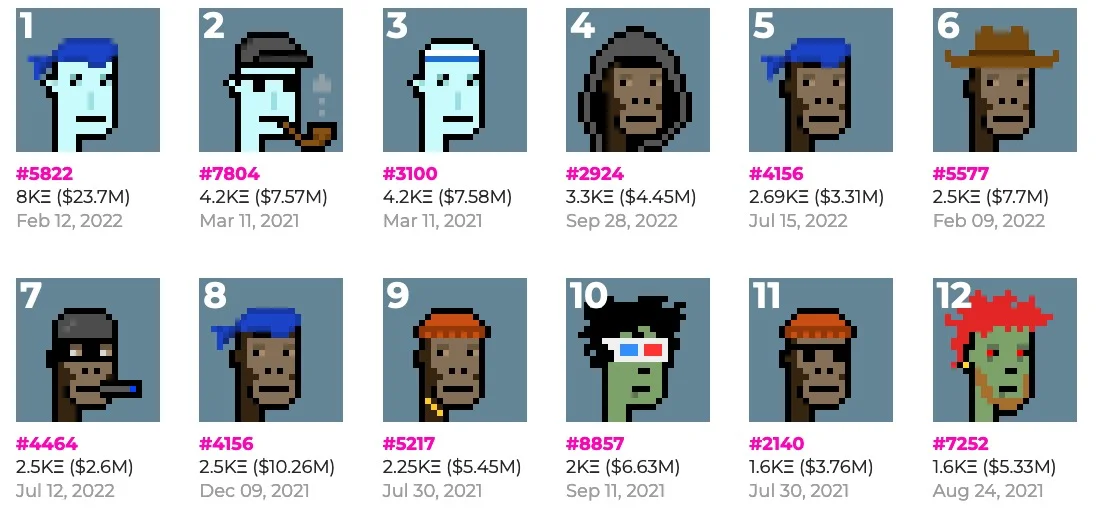What is an NFT? Learn all about non-fungible tokens, their impact on the art world, and the technology behind them in our comprehensive guide.
What is NFT – Definition
NFT, or Non-Fungible Token, is a digital asset that represents ownership of a unique piece of content, such as a digital artwork, music, or video.
Unlike traditional cryptocurrencies, NFTs are not interchangeable or fungible, meaning that each NFT is unique and has its own distinct value. NFTs are stored on a blockchain, which provides a record of ownership and ensures that the NFT cannot be duplicated or replicated.
The value of NFTs is largely based on the perceived value of the underlying asset, as well as the scarcity of the NFT itself. Non-fungible tokens can be bought, sold, and traded on a variety of digital marketplaces and exchanges, which allow buyers and sellers to connect and complete transactions.

Examples of usage
Non-fungible tokens can be used to digitally represent a wide range of assets, including artwork, music, videos, tweets, and even real estate.
NFTs have gained popularity in recent years as a new way for artists, musicians, and other content creators to monetize their work and earn revenue.
NFTs allow creators to sell their work directly to buyers without the need for intermediaries, such as art galleries or record labels. This has created new opportunities for emerging artists and musicians to reach a wider audience and earn a fair price for their work.
NFTs have also been used in other industries, such as gaming and sports, where they can represent ownership of virtual items or moments. For example, an NFT can represent ownership of a rare in-game item or a historic sports moment, such as a famous basketball shot.
Conclusion
In conclusion, NFT means non-fungible token, which is a type of digital asset that allows creators to monetize their work and earn revenue. NFTs are unique and non-fungible, and are stored on a blockchain for security and authenticity.
While non-fungible tokens are still a relatively new technology, they have already had a significant impact on the art, music, gaming, and sports industries. As the use of NFTs continues to grow and evolve, it will be interesting to see how this technology impacts the way we buy, sell, and own digital content.